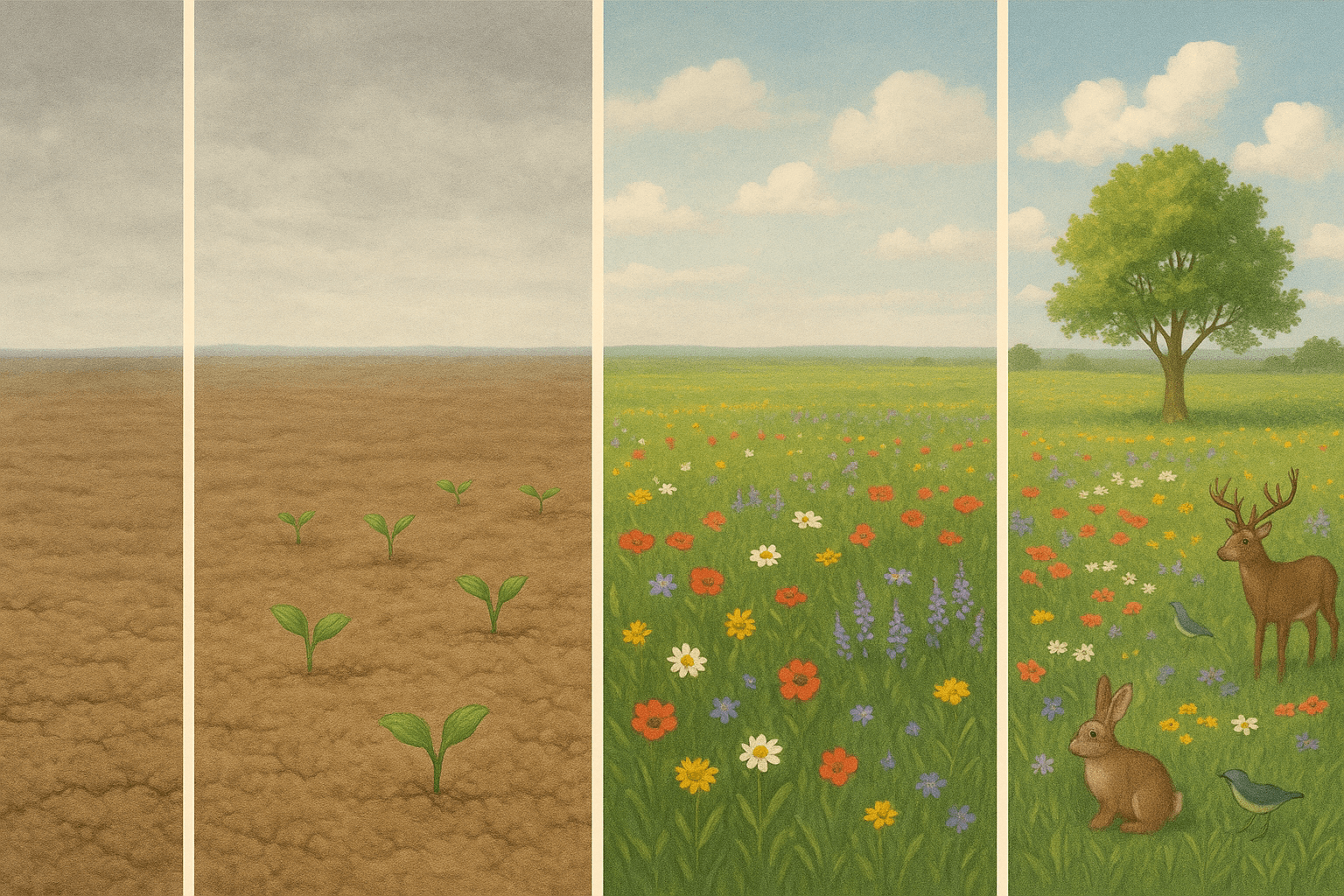Embracing Emptiness: Where Possibility Takes Root

Emptiness is the fertile ground of all possibilities. — Jiddu Krishnamurti
Understanding Emptiness in Philosophical Thought
Jiddu Krishnamurti’s statement invites us to reconsider emptiness not as a void of lack, but as a profound space of potential. In Eastern philosophy, particularly in Buddhist traditions, emptiness (śūnyatā) is celebrated as the absence of rigid definitions and fixed identities, freeing the mind from conditioned patterns. By referencing emptiness as ‘fertile ground,’ Krishnamurti hints at its generative capacity, echoing the Buddhist idea that non-attachment makes growth possible.
The Creative Power of a Blank Slate
Transitioning from philosophy to creative practice, emptiness is analogous to the blank page for writers or the empty canvas for painters. It is in this pristine absence of preconceptions that imagination can flourish. Leonardo da Vinci, renowned for his diverse inventions, often advised his students to clear their minds, allowing ideas to arise naturally. Thus, emptiness becomes synonymous with unlimited creativity—each moment brimming with unformed potential.
Letting Go to Let In: Psychological Perspectives
Building on this, psychologists highlight the value of letting go—releasing mental clutter and emotional baggage—to foster new insights. Mindfulness and meditation practices train individuals to cultivate ‘beginner’s mind,’ a state open to novelty and wisdom. As demonstrated in Jon Kabat-Zinn’s research on mindfulness (1990), embracing emptiness enables people to approach life’s complexities with receptiveness, transforming uncertainty into opportunity.
Historical Manifestations of Potential in Emptiness
Further illustrating this concept, numerous cultural traditions recognize the power of emptiness. In Taoist thought, the usefulness of a cup lies in its empty space, just as the utility of a room depends on its openness (Laozi, Tao Te Ching). These metaphors reinforce Krishnamurti’s notion: that it is not what is already present, but what might become, that grants emptiness its profound value.
Integrating Emptiness into Everyday Life
Ultimately, living with an appreciation for emptiness asks us to make room for the unknown in our routines and relationships. By welcoming silence, pauses, or transitions without fear, we position ourselves at the edge of possibility. As Krishnamurti suggests, learning to see emptiness as fertile ground rather than a lack transforms how we approach change—ushering in creativity, resilience, and the unfolding of new beginnings.